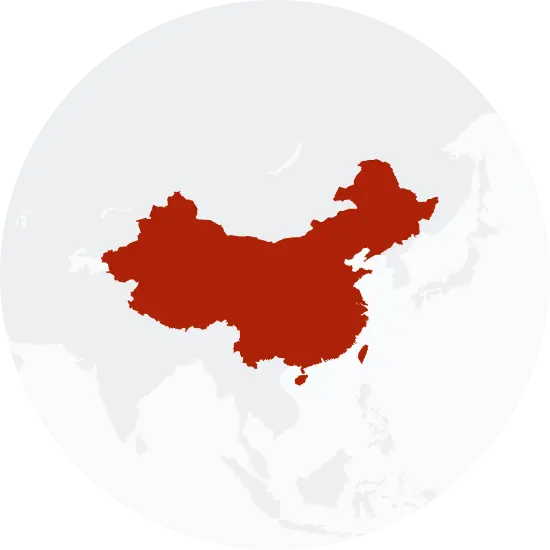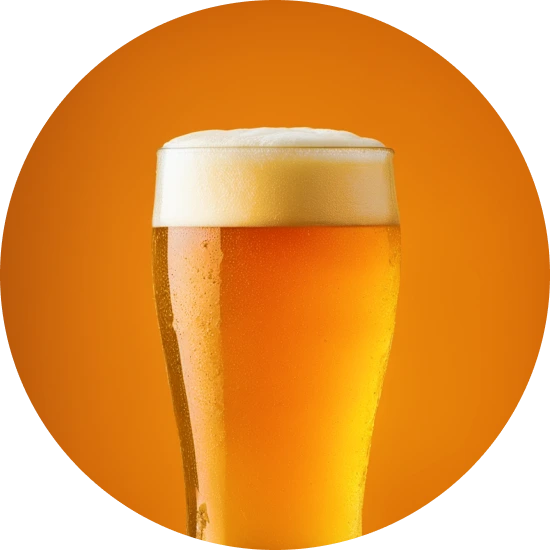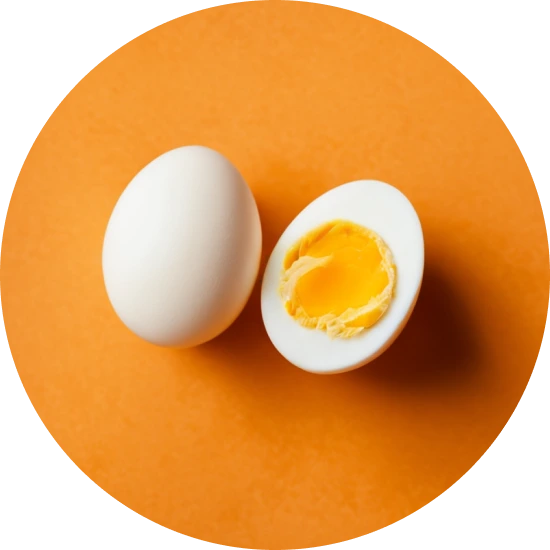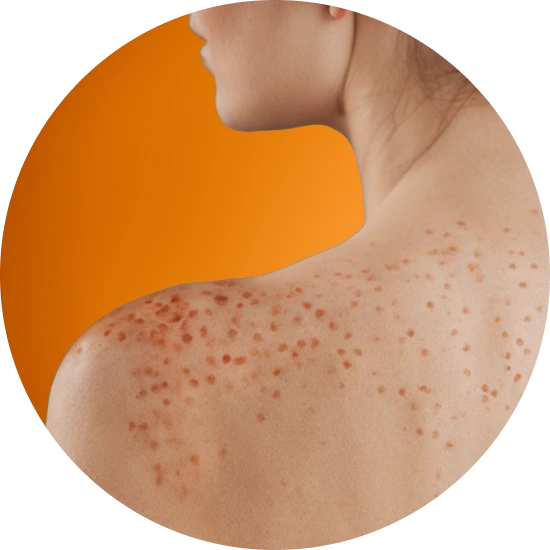Explore the Family Name Sun
How common is the last name Sun in the United States?
Based on the Decennial U.S. Census, the popularity of the surname 'Sun' saw a significant increase between 2000 and 2010. In 2000, 'Sun' was ranked 2228th in terms of popularity, but by 2010 it had risen to 1484th, an improvement of 33.39%. The number of people with this surname also grew substantially over this decade, from 14,962 in 2000 to 24,058 in 2010, marking a 60.79% increase. This meant that for every 100,000 people in the US, the proportion named 'Sun' went up from 5.55 to 8.16, a rise of 47.03%.
| 2000 | 2010 | Change | |
|---|---|---|---|
| Rank | #2,228 | #1,484 | 33.39% |
| Count | 14,962 | 24,058 | 60.79% |
| Proportion per 100k | 5.55 | 8.16 | 47.03% |
Race and Ethnicity of people with the last name Sun
As for the ethnic identity tied to the surname 'Sun', data from the Decennial U.S. Census indicates a predominance in the Asian/Pacific Islander category. In 2000, 93.46% of those bearing the surname identified as Asian/Pacific Islanders, a figure that increased slightly to 94.46% in 2010. There was a small decrease among those identifying as White (from 2.78% to 2.59%) and those identifying as American Indian and Alaskan Native (from 0.33% to 0.26%). The percentage of those claiming two or more races decreased significantly from 2.50% to 1.67%. However, the Black community saw a slight increase in the number of individuals with the 'Sun' surname, from 0.18% to 0.26%, while the Hispanic representation remained steady at 0.76%.
| 2000 | 2010 | Change | |
|---|---|---|---|
| Asian/Pacific Islander | 93.46% | 94.46% | 1.07% |
| White | 2.78% | 2.59% | -6.83% |
| Two or More Races | 2.5% | 1.67% | -33.2% |
| Hispanic | 0.76% | 0.76% | 0% |
| Black | 0.18% | 0.26% | 44.44% |
| American Indian and Alaskan Native | 0.33% | 0.26% | -21.21% |
Sun ancestry composition
23andMe computes an ancestry breakdown for each customer. People may have ancestry from just one population or they may have ancestry from several populations. The most commonly-observed ancestry found in people with the surname Sun is Chinese, which comprises 84.8% of all ancestry found in people with the surname. The next two most common ancestries are Korean (5.0%) and Manchurian & Mongolian (3.0%). Additional ancestries include British & Irish, French & German, Vietnamese, Indonesian, Thai, Khmer & Myanma, and Chinese Dai.
Ready to learn more about your ancestry? Get the most comprehensive ancestry breakdown on the market by taking our DNA test. Shop 23andMe
| ANCESTRY BREAKDOWN | COMPOSITION |
|---|---|
| Chinese | 84.8% |
| Korean | 5.0% |
| Manchurian & Mongolian | 3.0% |
| Other | 7.2% |

Possible origins of the surname Sun
Your DNA provides clues about where your recent ancestors may have lived. Having many distant relatives in the same location suggests that you may all share common ancestry there. Locations with many distant relatives can also be places where people have migrated recently, such as large cities. If a large number of individuals who share your surname have distant relatives in a specific area, it could indicate a connection between your surname and that location, stemming from either recent ancestral ties or migration.
Based on 23andMe data, people with last name Sun have recent ancestry locations in China and Taiwan.
| RECENT ANCESTRY Location | Percentage |
|---|---|
| Guangdong, China | 22.40% |
| Fujian, China | 22.00% |
| Shanghai, China | 22.00% |
| Zhejiang, China | 22.00% |
| Jiangsu, China | 21.80% |
What Sun haplogroups can tell you
Haplogroups are genetic population groups that share a common ancestor on either your paternal or maternal line. These paternal and maternal haplogroups shed light on your genetic ancestry and help tell the story of your family.
The top paternal haplogroup of people with the surname Sun is O-F8, which is predominantly found among people with East Asian & Indigenous American ancestry. Haplogroup O-F8 is descended from haplogroup O-M1359. Other common haplogroups include O-F46 and O-Page23, which are predominantly found among people with East Asian & Indigenous American and East Asian & Indigenous American ancestry. Other surnames with similar common haplogroups are: Zhang, Wang, Li, Zhao, Xu, Liu, Chang, Lu, Chen, Wu.
The most common maternal haplogroups of people with Sun surname are: A4, D4, M7b. These most commonly trace back to individuals of East Asian & Indigenous American and European ancestry.
 Paternal Haplogroup Origins O-M1359
Paternal Haplogroup Origins O-M1359
Your paternal lineage may be linked to the Han Chinese
Haplogroup O-Page23 has been found in several populations of the Han Chinese ethnic group. The ancestors of the Han, called the Huaxia, lived in the upriver basin of the Yellow River 5,000-6,000 years ago. As agricultural technology improved, the Huaxia spread east and south, and became the Han Chinese. Over the last 2,000 years, there have been three major migrations of the Han southward. The first of these migrations occurred during the Jin Dynasty from 317 to 420 CE, when nearly one million people moved south. A second migration occurred during the Tang Dynasty, after the An-Shi Rebellion, between 755 and 762 CE. The last migration occurred during the Southern Song Dynasty, from 1127 to 1297 CE, when nearly 5 million people migrated southward. The Pinghua, a branch of Han in which haplogroup O2a2b1a1 is particularly common, may be descendants of indigenous minority groups that adopted Han culture during one such major migration event.
Your maternal lineage may be linked to the Han
Members of haplogroup D are found in both northern and southern Han Chinese populations at low to moderate frequencies. The Han people, who all share the same language and similar cultural practices, are the largest ethnic group in the world, with about 1.2 billion people. Historical evidence shows that Han people are descendants of the ancient Huaxia tribes that come from northern China, and Han language and culture only expanded into southern China in the last 2,000 years. The spread of Han people and culture from northern to southern China was likely driven by warfare and famine in the north.

What do people with the surname Sun have in common?
Spoiler alert: it's complicated. People with the same last name are usually no more genetically similar than a randomly sampled group of people from the same population. That said, people with the same surname are more likely to have similar ancestries than randomly sampled individuals. The reason is the tendency of people with similar cultural or geographical backgrounds to preferentially mate with one another. That's why people who share a surname may be more likely to share traits and tendencies in common than people within the general population. Check out the percentages below to see the prevalences of tastes, habits, and traits of people with your surname compared with prevalences among 23andMe users.
Preferences
Traits
Habits
Wellness
Are health conditions linked to the last name Sun?
The short answer is that, if there is an association between surname and health, it's usually more about your ancestry than your name. Individuals with a given surname are no more genetically similar than the general population but often have similar ancestries. The populations of people associated with those shared ancestries often have sets of genetic variations, also known as alleles, in common. Some of those alleles are associated with a greater likelihood of developing certain diseases.
Disease variant frequency by ancestry
Disease allele frequencies in populations associated with the surname Sun are shown below. Important Note: not everyone with a disease allele will develop these health condition























